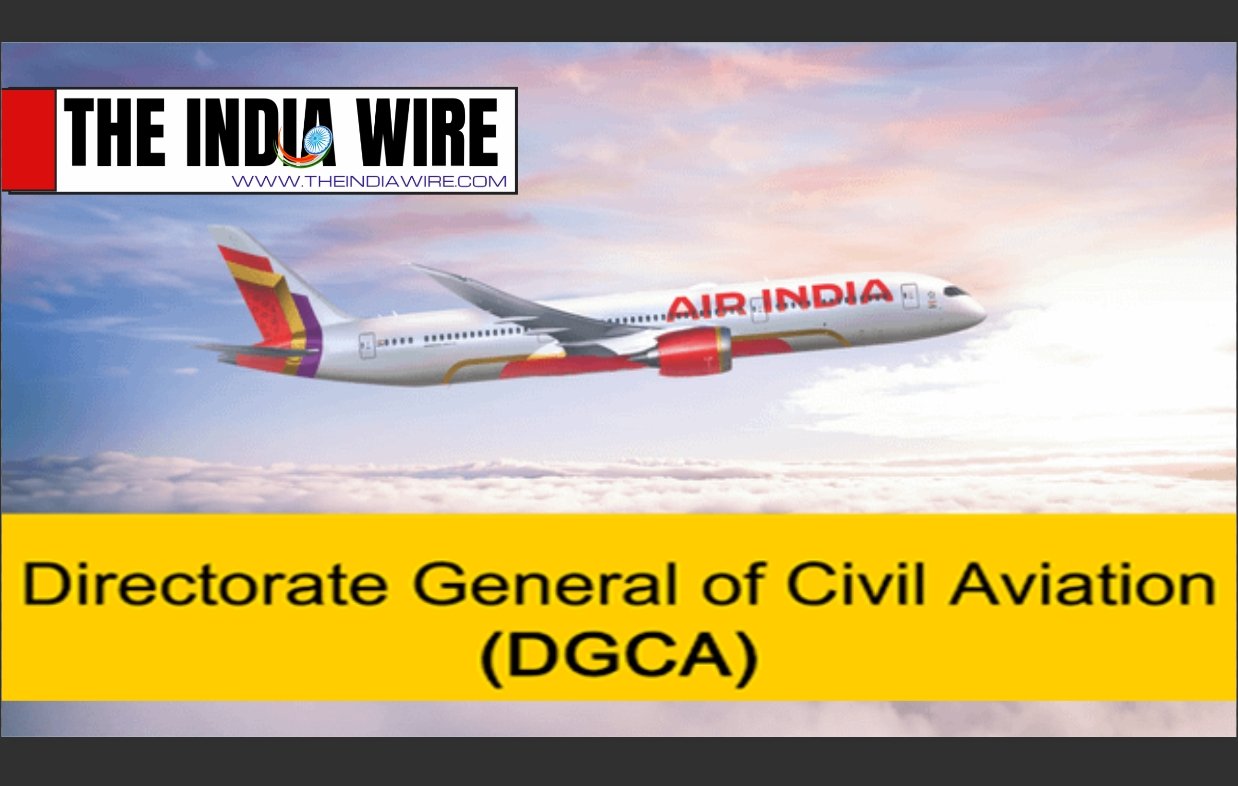In a somber turn of events, India’s aviation watchdog, the Directorate General of Civil Aviation (DGCA), has mandated an urgent and comprehensive safety inspection of Air India’s Boeing 787 Dreamliner fleet. The directive, issued on June 13, 2025, comes in the wake of a catastrophic crash involving an Air India Boeing 787-8, which claimed 241 lives in Ahmedabad just a day prior. This tragedy has thrust the spotlight on the safety protocols of one of the world’s most advanced aircraft, prompting a swift and decisive response from the regulator.
The ill-fated flight, bound for London Gatwick, plummeted shortly after takeoff on June 12, 2025, leaving only one survivor among the 242 passengers and crew onboard. The wreckage, hauntingly strewn across a building in Ahmedabad, has sent shockwaves through the aviation industry. The aircraft, powered by GEnx engines manufactured by GE Aerospace, now lies at the center of an intensive investigation, with the DGCA leaving no stone unturned to ensure such a tragedy is not repeated.
A Call for Enhanced Safety Measures
The DGCA’s order targets Air India’s fleet of 26 Boeing 787-8s and 7 Boeing 787-9s, all equipped with GEnx engines. The regulator has mandated a slew of rigorous checks, including inspections of fuel parameter monitoring, cabin air compressor systems, electronic engine control systems, engine fuel-driven actuator operations, oil systems, and hydraulic systems. Additionally, a review of take-off parameters and flight control inspections during transit checks has been enforced until further notice. The DGCA has also required Air India to address recurring technical issues reported in the last 15 days and submit detailed reports for review.
This sweeping directive underscores the urgency of ensuring the airworthiness of Air India’s Dreamliner fleet, owned by the Tata Group. The inspections, to be conducted in coordination with DGCA regional offices, aim to identify and rectify any potential vulnerabilities in the aircraft’s systems. Power assurance checks, mandated within two weeks, further highlight the regulator’s commitment to restoring public confidence in the wake of the disaster.
A Tragic Catalyst for Change
The Ahmedabad crash has cast a shadow over the Boeing 787 Dreamliner, often touted as one of the safest and most advanced commercial aircraft in the world. The aircraft’s GEnx engines, produced by GE Aerospace, are now under scrutiny as investigators work to uncover the cause of the crash. GE Aerospace has pledged full support, activating its emergency response team to assist Air India and the DGCA in the investigation. The recovery of the flight’s black box from the roof of BJ Medical College in Ahmedabad offers hope that critical clues will soon emerge.
The crash’s aftermath has been heart-wrenching, with police confirming that the bodies of six victims have been handed over to their families. Among the deceased was a Canadian dentist of Indian origin, adding an international dimension to the tragedy. Meanwhile, another Air India flight to Delhi was forced to return to Thailand on the same day due to a security alert, further compounding concerns about the airline’s operations.
Boeing’s Troubled Dreamliner: A Wake-Up Call
The Boeing 787 Dreamliner has long been celebrated for its fuel efficiency, advanced technology, and passenger comfort. However, this incident adds to a series of challenges faced by Boeing, raising questions about the reliability of its flagship aircraft. The DGCA’s proactive measures signal a broader reckoning for the aviation industry, as regulators and airlines alike grapple with ensuring the safety of increasingly complex aircraft.
For Air India, the crash is a critical test of its operational resilience under Tata Group’s stewardship. The airline must now navigate the dual challenge of complying with the DGCA’s stringent requirements while rebuilding trust among passengers. The enhanced inspections, though resource-intensive, are a necessary step toward ensuring that the skies remain safe for millions of travelers.
As the investigation unfolds and Air India implements the mandated checks, the nation mourns the lives lost in Ahmedabad. The DGCA’s decisive action serves as a reminder that safety must always come first, even as the aviation industry pushes the boundaries of innovation. For now, the Boeing 787 Dreamliner fleet faces an uncertain future, with the world watching closely as answers are sought and lessons are learned from this devastating tragedy.
DGCA Orders Strict Inspection.
The regulator has mandated a slew of rigorous checks, including inspections of fuel parameter monitoring, cabin air compressor systems, electronic engine control systems, engine fuel-driven actuator operations, oil systems, and hydraulic systems. Additionally, a review of take-off parameters and flight control inspections during transit checks has been enforced until further notice.


